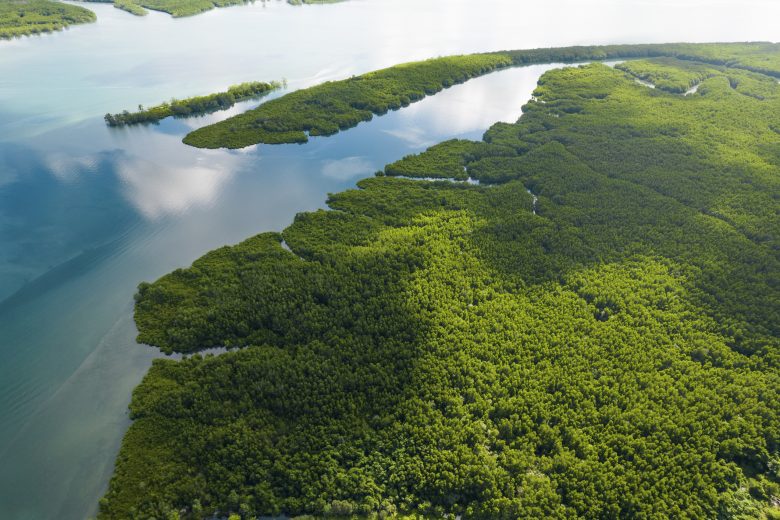Seven voluntary standards committed to biodiversity

Ultra-minor on the scale of the Earth, yet ultra-destructive? Unsurprisingly, it’s us: human beings. We account for just 0.01% of biomass (PNAS 2018 study), far, far behind plants, bacteria and other living creatures. But it is estimated that we are responsible for the disappearance of 83% of wild mammals and 50% of wild plants.
The good news is that some of us are rolling up our sleeves to make a difference… Where are they? As Franck Lebeugle, director of the group’s standardization activities, pointed out this summer, they are particularly active in AFNOR’s standardization committees.
Legislation + standardization
The leader reminds us that what we are trying to save, more than the planet, is above all our species. But surely we can do better than that and reduce our ecocidal behavior,” he suggests. That’s why I’m closely following
the law on nature restoration
which will be debated in the European Parliament in July 2023, as well as the voluntary standardization work we are carrying out to give organizations the methodological and organizational means to protect living things.
AFNOR is constantly reminding manufacturers, and French business leaders in general, of the leading role they have to play in biodiversity. France, through the AFNOR group, has taken the international lead at ISO, the International Organization for Standardization, on this essential subject. ” We are building voluntary standards that will enable the market to respect the direction set by the European Union (Green Deal, in particular) and by global bodies (Kunming-Montreal agreement adopted at the end of the
COP15
on biodiversity in December 2022),” explains Franck Lebeugle. There are currently three French voluntary standards, plus one under construction, and three ISO voluntary standards also under construction:
- Biodiversity – Biodiversity approach for organizations – Requirements and guidelines(NF X32-001)
- Biodiversity and ecological engineering – Methodology for managing ecosystem projects(NF X10-900)
- Biodiversity and ecological engineering – Procedure for conducting an initial biodiversity assessment as part of a project(NF X32-102)
- Under construction: Biodiversity – Measuring and monitoring the impact of organizations on biodiversity – State of the art(PR FD X32-002)
- Biodiversity – Vocabulary – Part 1: General terms (ISO TS 13208-1)
- Biodiversity – Process for designing and implementing net biodiversity gain(ISO 17620)
- Biodiversity – A strategic and operational approach for organizations – Requirements and guidance(ISO 17298)
Three related projects are also worth mentioning:
- Ecological networks – mapping standardization needs
- Biodiversity and the food sector: guidelines on how to improve the biodiversity performance of food businesses and retailers (ISO/PWI TS 18244, Germany)
- Biodiversity and raw materials: Considering the protection of biodiversity in the first stage of the supply chain – extraction of abiotic raw materials and production of biotic raw materials – the question of these impacts on biodiversity (ISO/PWI TS 18260, Germany)
Join the French standardization committee on biodiversity, which is currently recruiting, to take part in these initiatives. Particularly if you work in the food industry: your impact on the ground is significant. Your imprint is strong!